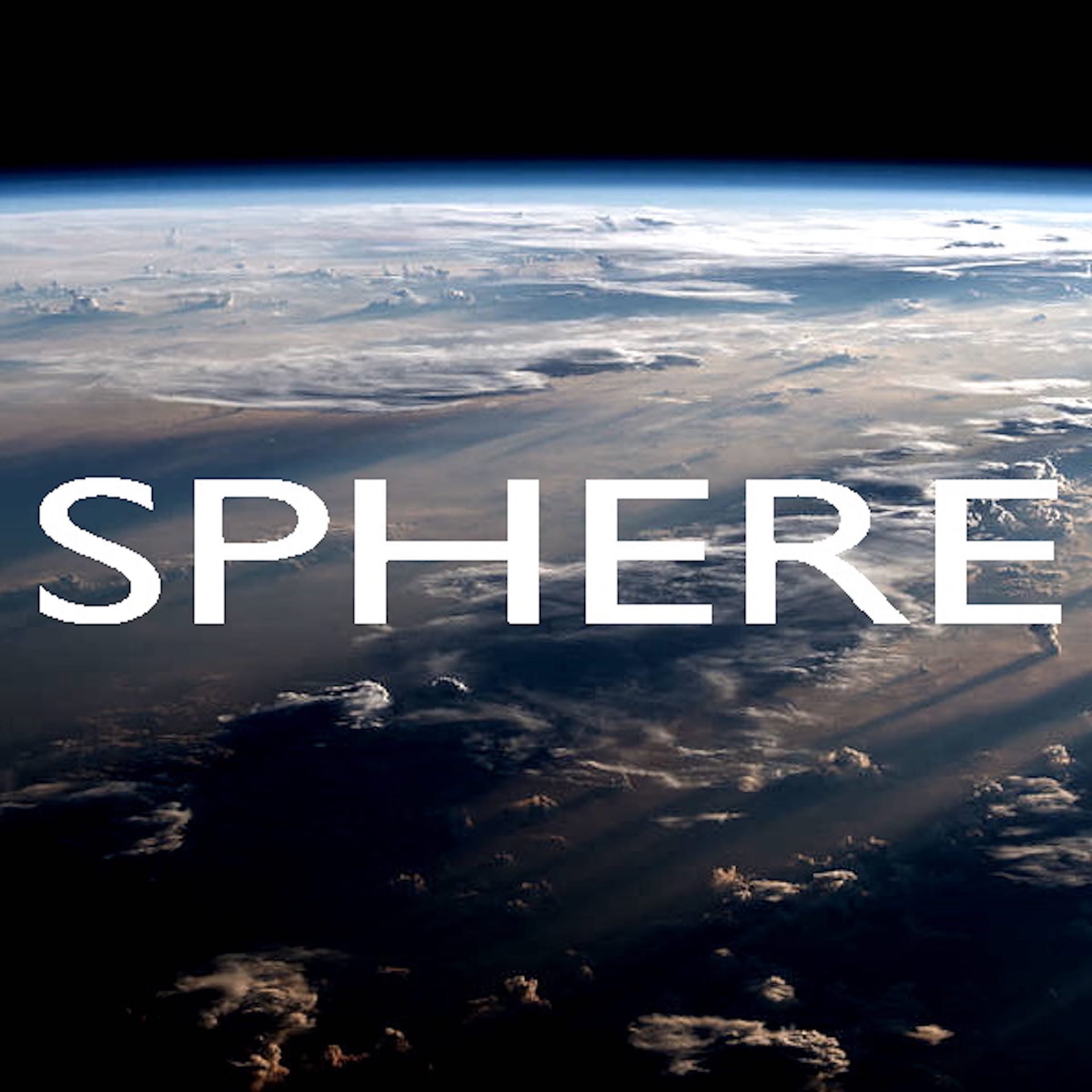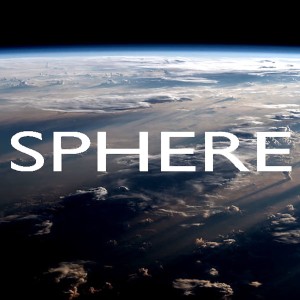

SPHERE is a podcast that investigates the historical evolution of global environmental governance through in-depth discussions with a wide array of scholars, scientists, and practitioners—including politicians, diplomats and other government officials—who have played decisive roles in shaping the course of environmental politics, science and activism over the past half century or more. The podcast provides invaluable insights, expertise and first-person oral histories encompassing the entire post-WWII “Great Acceleration” of rapid economic growth and environmental degradation that gave rise to the environmental awakening of the 1960s and after. SPHERE also covers current conceptual developments such as the Anthropocene and debates on climate change and the global sustainable development goals that will underpin the agenda of the upcoming “Stockholm+50” conference, marking the semi-centennial of the seminal 1972 UN Conference on the Human Environment. SPHERE the podcast is an extension of the ERC-funded research project SPHERE—Study of the Planetary Human-Environment Relationship—centered at KTH Royal Institute of Technology in Stockholm, Sweden.
Episodes

Monday Apr 26, 2021
Rendering the Earth a Governable Object in the Anthropocene
Monday Apr 26, 2021
Monday Apr 26, 2021
While humans have gained the power to alter the global environment, work within certain scientific disciplines since the Second World War has made it possible to assess the impacts of exponential growth on planetary processes and measure environmental change across vast timespans. Scientific advances, coupled with political initiatives, have in a sense rendered the Earth a governable object, while also expanding the horizons of environmental history. Erik Isberg, a PhD candidate in the SPHERE project, joins the podcast to explain how the work of scientists such as glaciologists working with ice cores, and the rise of the integrative field of Earth System Science, underpinned the emergence of global environmental governance, and enabled the writing of human-Earth histories on geological timescales.
No comments yet. Be the first to say something!